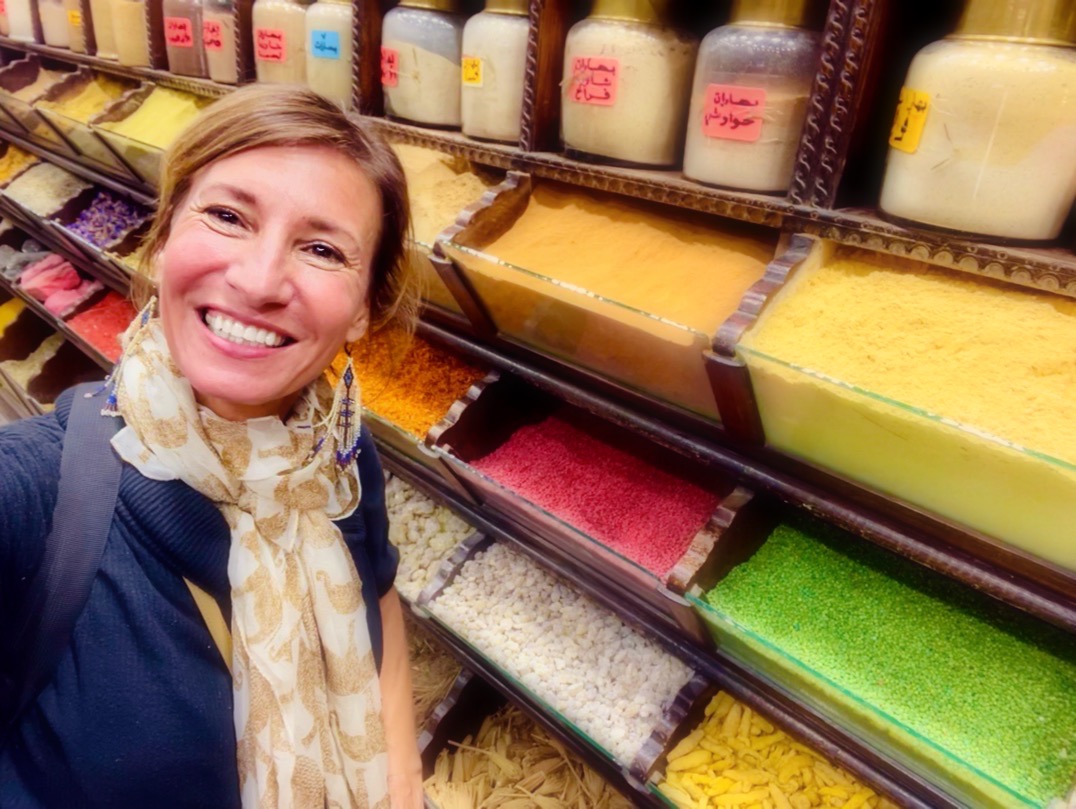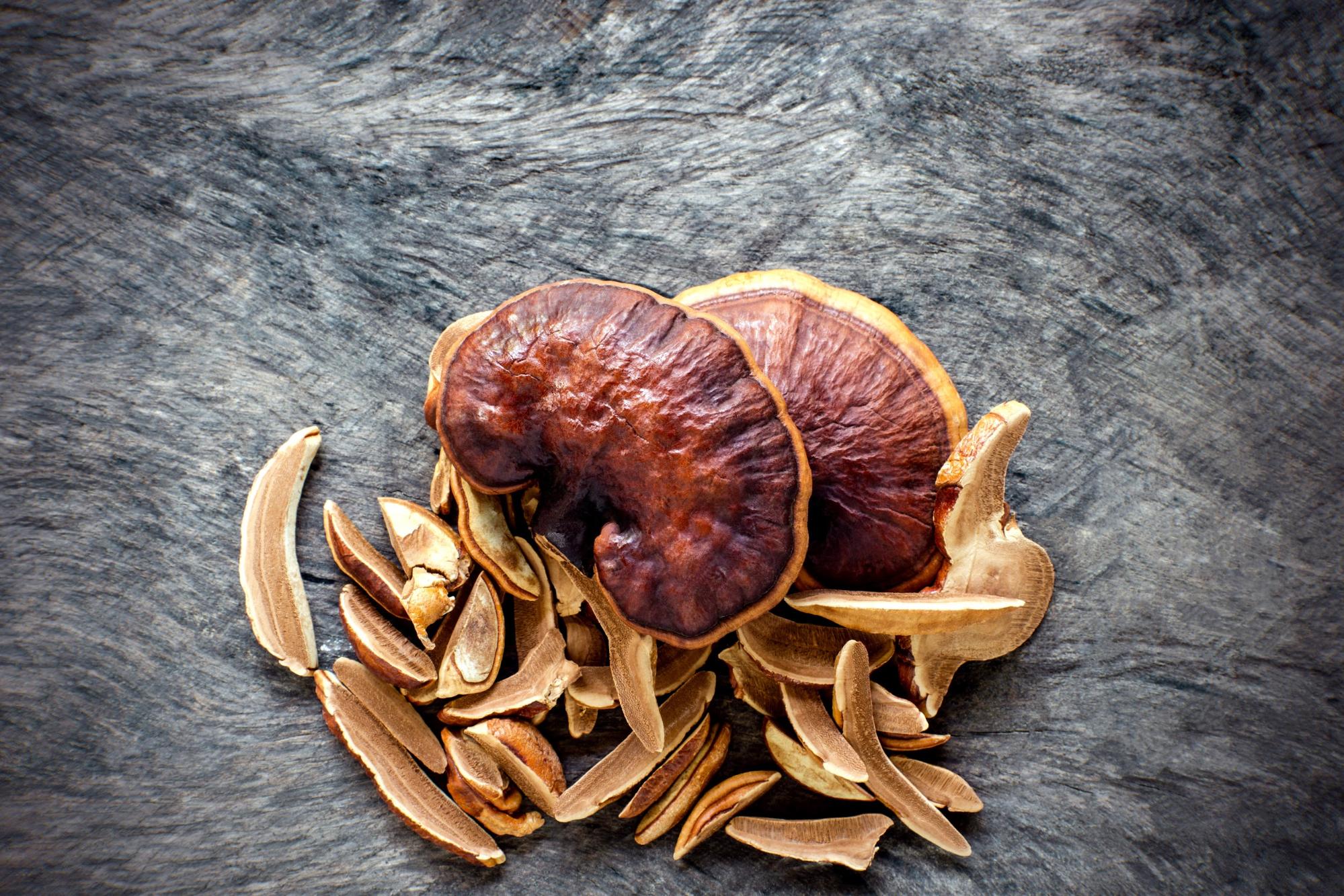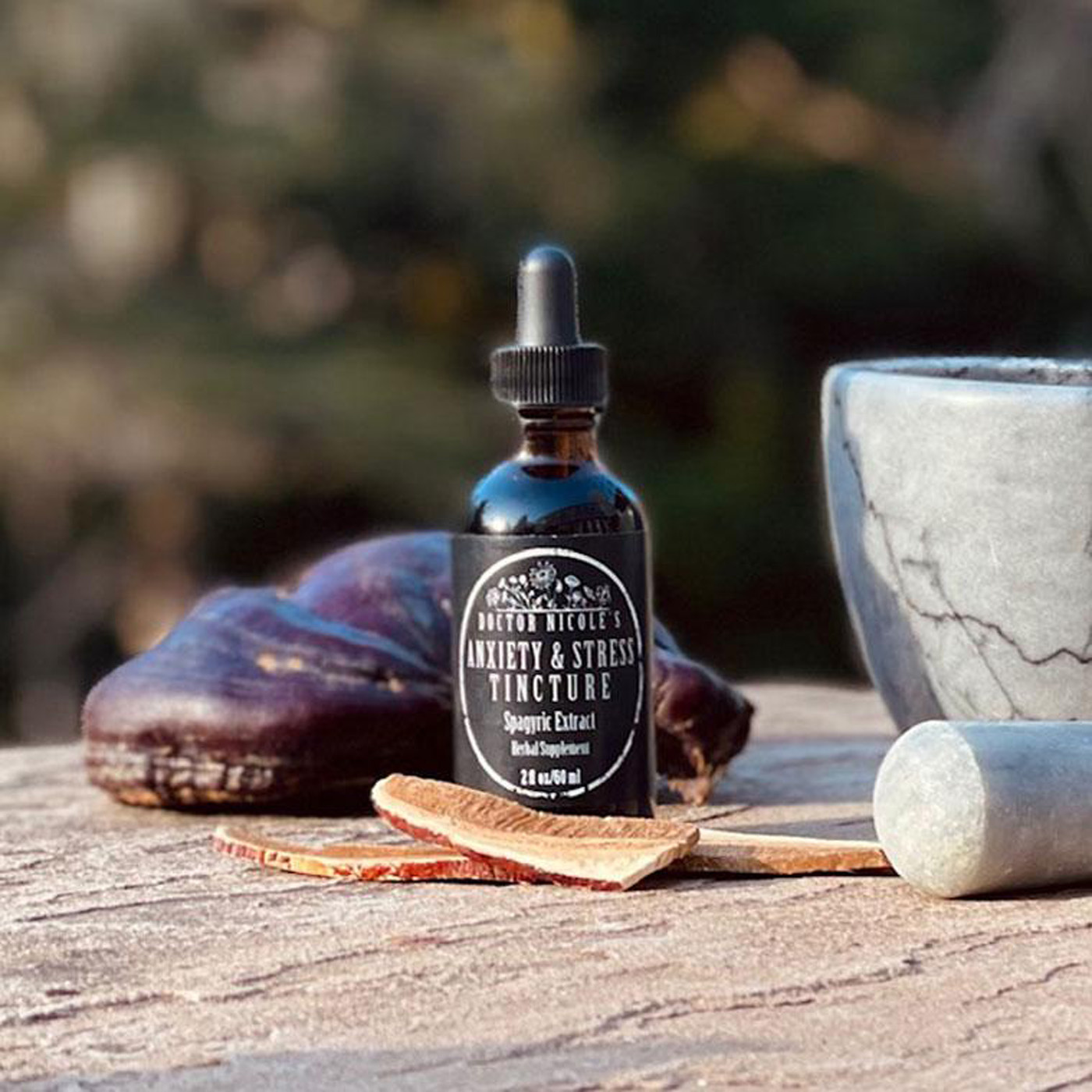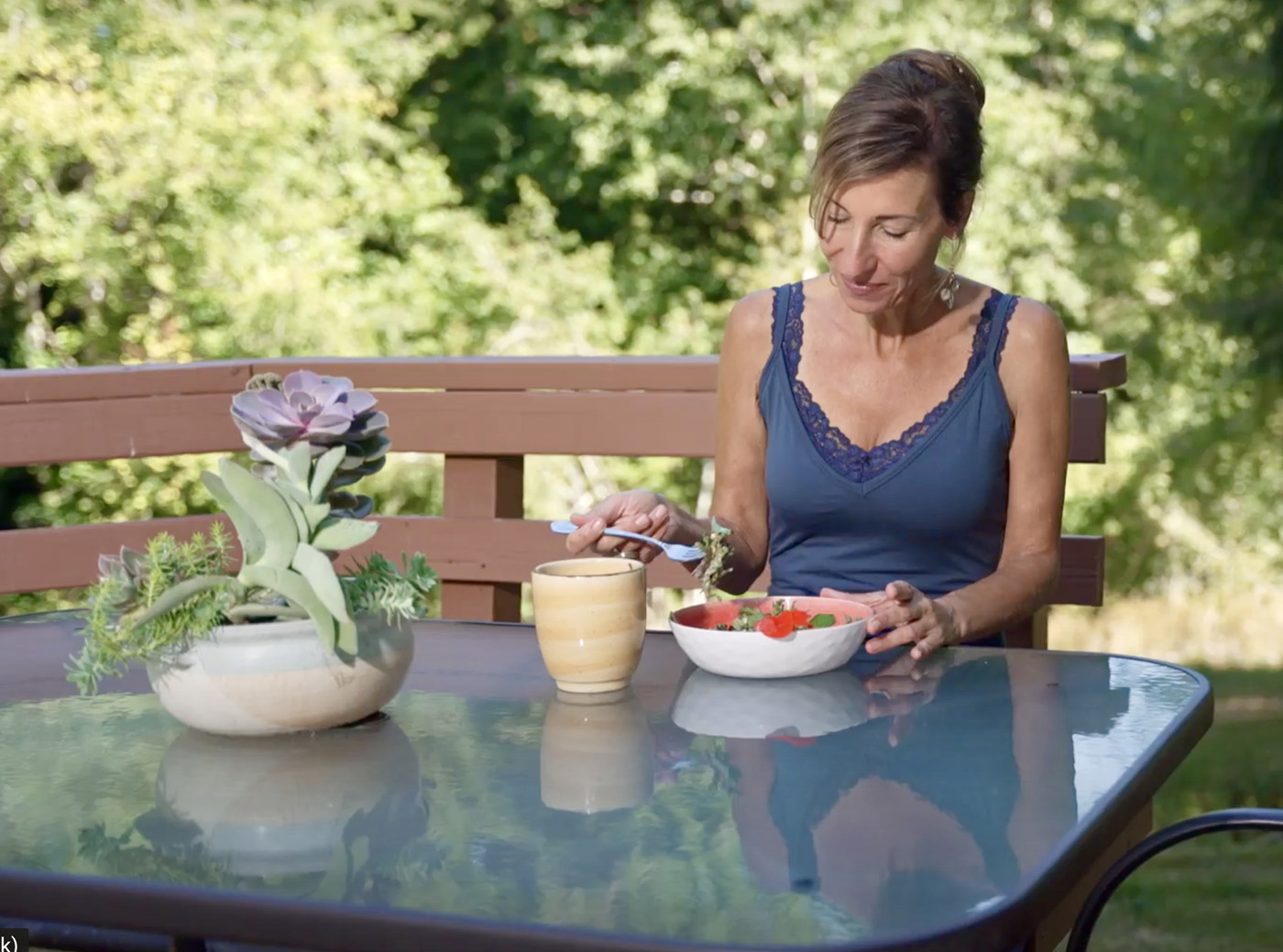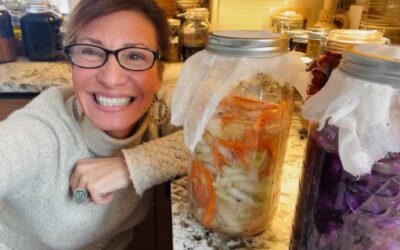A Multi-Purpose “Sunshine Spice”
A famous spice that comes from the beautiful Crocus sativus Linné, saffron is used extensively in Middle Eastern cuisine and in areas of Europe. It is traditionally cultivated in Greece, Iran, and India. What makes it high value is that the plant only flowers for about three to four weeks in October and November. The dark red stigma are called threads, which are painstakingly hand harvested and dried. The end result is what we call saffron spice. Besides culinary uses for color and flavor, it is also used as a dye and perfume ingredient. Moreover, it has a long history of medicinal uses — from eye disorders to stomach issues and mental health concerns. Here we will focus on how saffron can help alleviate two specific conditions: anxiety and depression. As we will see, saffron isn’t called the “sunshine spice” simply because of its yellow attributes — it also has significant mood-boosting properties.
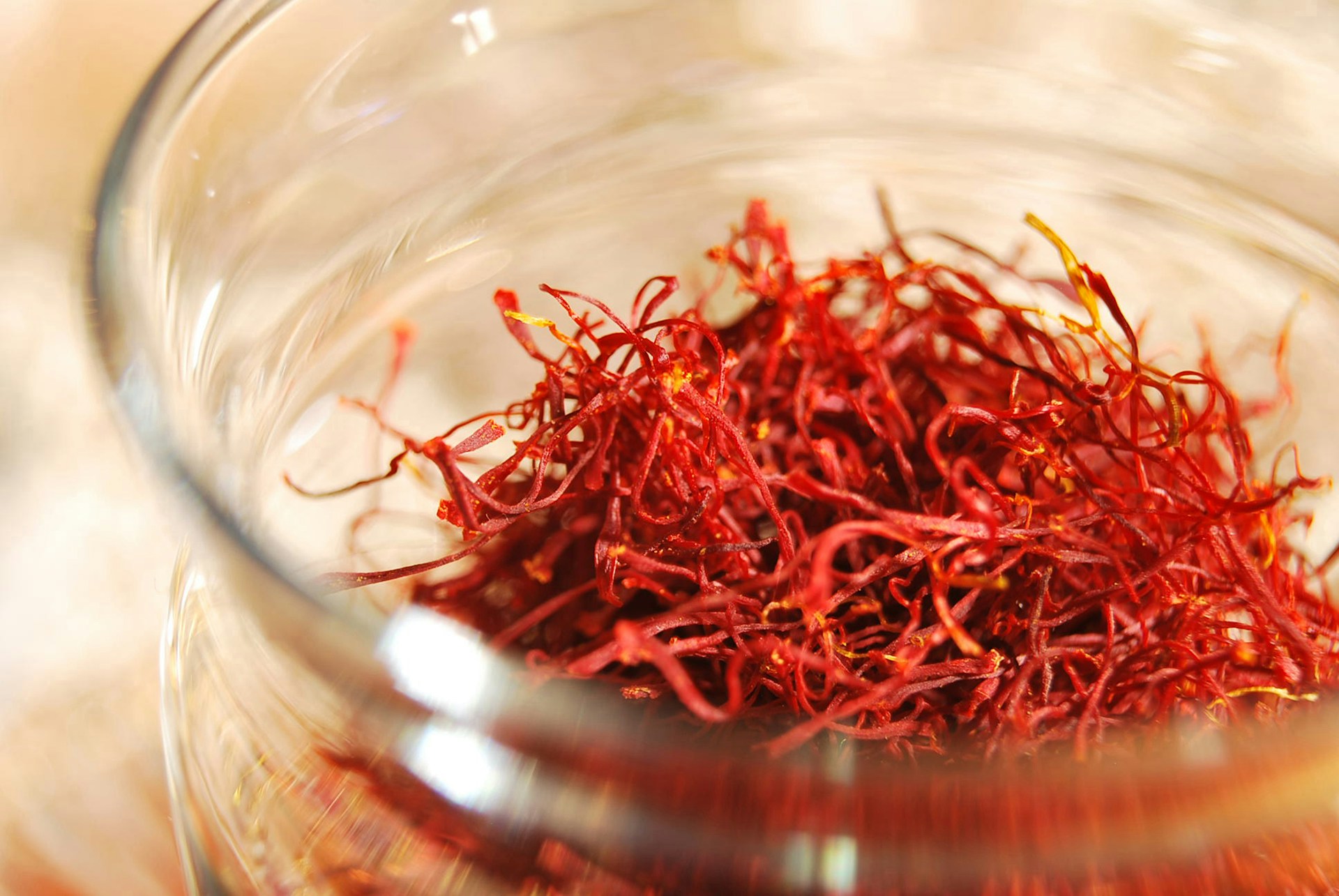
Herbal Traditions for Today
Saffron has a long history of use that has been recorded as far back as 3,500 years ago. Traditionally it was utilized for treating a range of conditions, including mental health issues. Modern science has confirmed the usefulness of the spice for easing anxiety and depression.
A double-blind, randomized trial published in the Journal of Ethnopharmacology found that saffron was just as effective as the pharmaceutical Prozac (fluoxetine) in treating depression.1 Forty outpatients who met the Diagnostic and Statistical Manual of Mental Disorders (DSM-IV) for major depression were chosen for the study. The participants were randomly assigned to receive saffron capsules at 30 mg/day or a 20 mg capsule of fluoxetine per day for six weeks. The team noted:
“Saffron at this dose was found to be effective similar to fluoxetine in the treatment of mild to moderate depression (F = 0.13, d.f. = 1, P = 0.71). There were no significant differences in the two groups in terms of observed side effects. The results of this study indicate the efficacy of Crocus sativus in the treatment of mild to moderate depression.”
Likewise, a meta-analysis published in the Journal of Integrative Medicine found that saffron significantly improved symptoms in those with major depressive disorder.2 This may open a novel treatment option for those who cannot tolerate depression medications or would like a more natural approach.
Another systematic review and meta-analysis established that “Saffron could be an effective intervention for symptoms of depression and anxiety” after reviewing twenty-three studies. However, the authors point out that further trials are needed.3
Lastly, a more recent 2021 randomized, double-blind clinical trial explored if saffron could help improve anxiety and depressive symptoms.4 The team found that saffron exerted a positive impact on neurotransmitter systems — including acetylcholine, GABA, and serotonin. Interestingly, the compounds in the spice have a beneficial effect on heart rate variability, indicating it helps to encourage resilience against stress and the development of stress-related psychiatric disorders. The team concluded:
“[S]affron extract appears to reduce depressive mood in healthy individuals experiencing subclinical mood disturbance and adds to the growing literature showing consistent benefits of saffron on depression outcomes across both clinical and non-clinical populations.”
A Brighter Mood & Less Stress Begins With These Herbs
While saffron has been shown to be an outstanding all-natural approach to stress, anxiety, and depression, it’s an extremely expensive spice and may not be an option for many. A cost-effective alternative is our Anxiety & Stress Blend. It contains powerful extracts of ashwagandha and lemon balm, along with lion’s mane and reishi medicinal mushrooms for natural relief of anxiety, depression, and an overwhelmed nervous system.
As an adaptogen, ashwagandha helps calm inflammation, quiet the body’s stress response, and improve mood — making it especially helpful for those struggling with anxiety or depression. Lemon balm is a gentle but effective herb known to soothe the nervous system, enhance sleep, and reduce symptoms of anxiety and ADHD. It also promotes GABA production, a calming neurotransmitter that plays a key role in managing anxiety and stress. Lion’s mane supports emotional balance by reducing inflammation in the brain and encouraging the growth of new brain cells, which may help ease depression and improve cognitive function. Reishi works to restore balance by helping the body adapt to chronic stress, lowering high cortisol levels, and improving sleep — all of which are essential for managing anxiety and depression. Together, these botanicals offer a holistic, science-backed approach to nurturing mental health and emotional resilience.
ALL-NATURAL RELIEF!
“So nice to have a natural way to relax without prescriptions! Love it!! I will be buying more!!” -Christine
Clean ingredients. Clinically informed. Rigorously researched. At my apothecary, we take a science-forward approach in formulating herbal medicines that help you to reach your health goals. Discover what’s possible with natural remedies — stop by today!
Nicole Apelian
Nicole’s Apothecary Products in this Post
References
- Noorbala, A. A., Akhondzadeh, S., Tahmacebi-Pour, N., & Jamshidi, A. H. (2005). Hydro-alcoholic extract of Crocus sativus L. versus fluoxetine in the treatment of mild to moderate depression: a double-blind, randomized pilot trial. Journal of ethnopharmacology, 97(2), 281–284. https://doi.org/10.1016/j.jep.2004.11.004
- Heather Ann Hausenblas, Debbie Saha, Pamela Jean Dubyak, Stephen Douglas Anton,Saffron (Crocus sativus L.) and major depressive disorder: a meta-analysis of randomized clinical trials, Journal of Integrative Medicine, Volume 11, Issue 6, 2013. https://doi.org/10.3736/jintegrmed2013056.
- Wolfgang Marx, Melissa Lane, Tetyana Rocks, Anu Ruusunen, Amy Loughman, Adrian Lopresti, Skye Marshall, Michael Berk, Felice Jacka, Olivia M Dean, Effect of saffron supplementation on symptoms of depression and anxiety: a systematic review and meta-analysis, Nutrition Reviews, Volume 77, Issue 8, August 2019, Pages 557–571, https://doi.org/10.1093/nutrit/nuz023
- Jackson, P. A., Forster, J., Khan, J., Pouchieu, C., Dubreuil, S., Gaudout, D., Moras, B., Pourtau, L., Joffre, F., Vaysse, C., Bertrand, K., Abrous, H., Vauzour, D., Brossaud, J., Corcuff, J. B., Capuron, L., & Kennedy, D. O. (2021). Effects of Saffron Extract Supplementation on Mood, Well-Being, and Response to a Psychosocial Stressor in Healthy Adults: A Randomized, Double-Blind, Parallel Group, Clinical Trial. Frontiers in nutrition, 7, 606124. https://doi.org/10.3389/fnut.2020.606124

